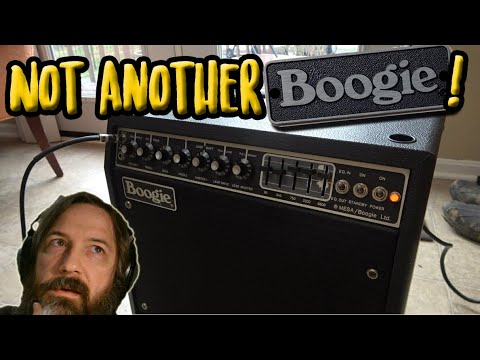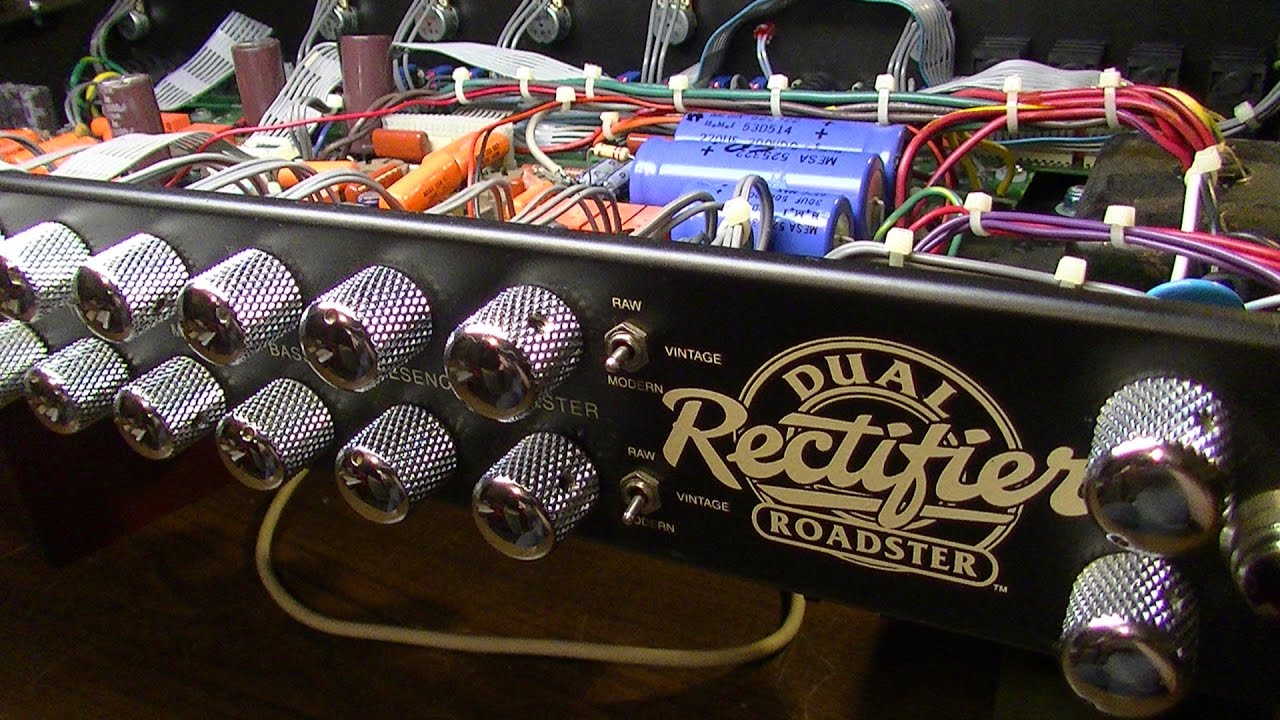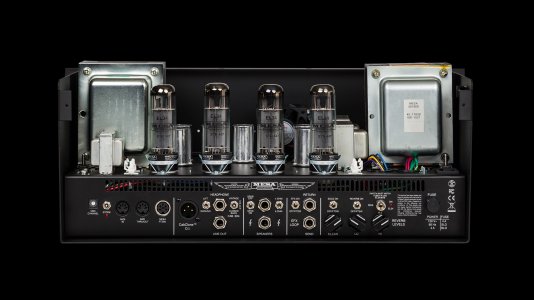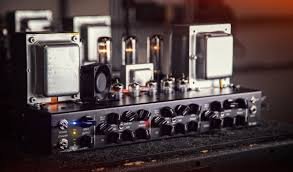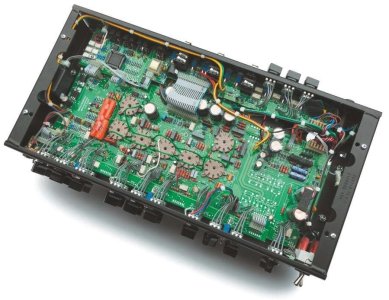No problems here, and my tech happens to love Mesa’s, so doesn’t mind working on them.
That said, I can totally understand why most tech’s complain about them. Many use pretty primitive and bad PCB design - the layouts will be all over the place, the board won’t be correctly labelled (and the schematics are rife with errors that don’t match the actual amps), often components will be inaccessible without removing others that are fixed above them. There can be several factors that make a relatively simple and inexpensive fix take much more time and effort than it would on other amps.
They also have a tendency to cram TONS of features into an amp which can add a lot of complexity to an otherwise simple circuit, and sometimes those designs can be somewhat crude/prone to failure. They also often use parts that need to be special ordered from them and cost more than off the shelf stuff. Sometimes getting hold of bits from them can take a while.
None of these take away from the fact that Mesa amps by and large sound KILLER. They’re some of my favourite amps. But they do some dumb design stuff that could be done much better if they weren’t so set in their ways.
Any tech that flatly won’t work on them at all is a bit of a red flag to me, but I also totally understand why some may have a “mesa tax” and charge a little more to work on them. From a sound point of view they’re amazing, from a serviceability point of view, they’re pretty awful. That’s part of the charm.



